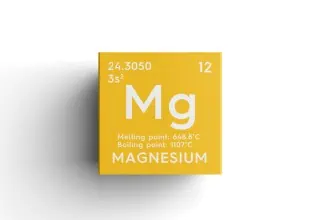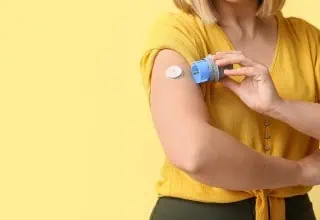
In women’s health, magnesium is the “Swiss Army knife” of nutrients—beneficial for everything from period pain to PCOS and PMS. It’s also a powerhouse for perimenopause, and here’s why.
Lara Briden - The Period Revolutionary
Leading the change to better periods and hormones
How hormonal factors such as PMDD, perimenopause, and hormonal birth control influence mood and sleep. Articles explore the role of mast cell activation, histamine, and body-identical progesterone.

In women’s health, magnesium is the “Swiss Army knife” of nutrients—beneficial for everything from period pain to PCOS and PMS. It’s also a powerhouse for perimenopause, and here’s why.

Is your low blood sugar a symptom of insulin resistance or mild dysfunction of the autonomic nervous system?
In episode 16 of my podcast, I return to the topic of hypoglycemia to discuss the difference between insulin resistance and dysautonomia, why unstable blood sugar does not automatically mean insulin resistance, and my concerns about continuous glucose monitoring.

Symptoms of hypoglycemia or low blood sugar include light-headedness, headaches, and anxiety. Hypoglycemia can even feel like panic attacks.
In my latest podcast and YouTube video, I discuss why young women are more prone to hypoglycemia, the importance of the autonomic nervous system and a “blunted glucagon response,” and what you can do to feel better.
🟠

Night sweats, mood swings, and crazy heavy periods. Is this menopause already? And you’re only 42? No, menopause could still be a decade away. This is perimenopause or second puberty, which is the decade or so before your final period.
Perimenopause is different from menopause (or post-menopause), which is the life phase that begins one year after your final period.